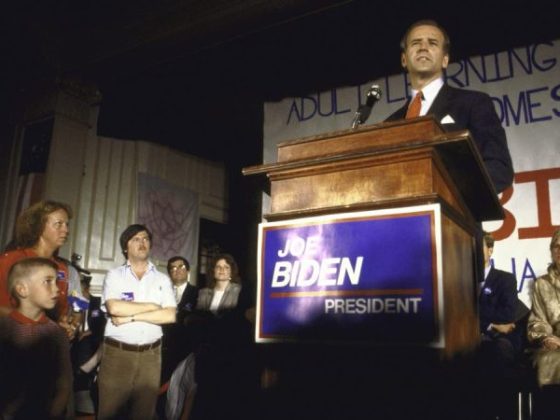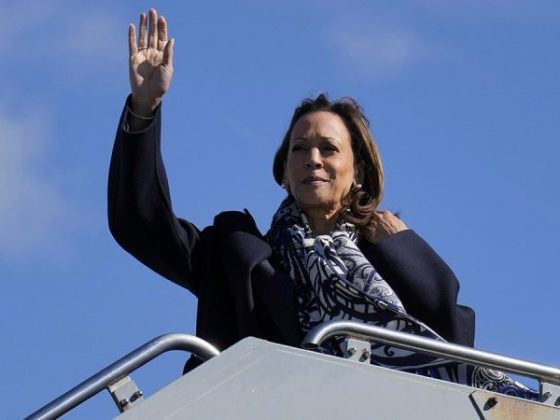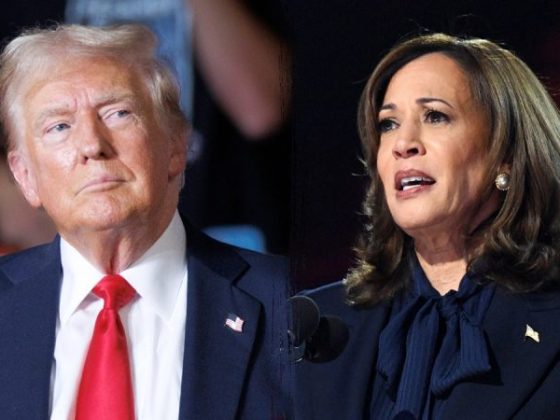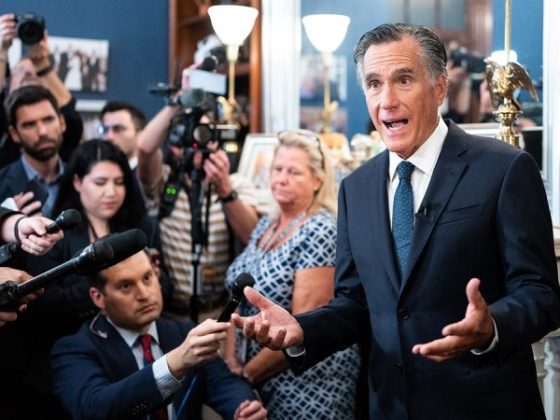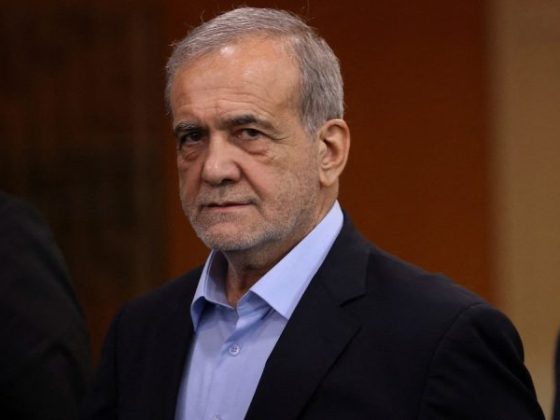As we analyze the high-stakes face-off, Biden vs Trump, one aspect that tends to come into the spotlight is the use of public debates as a gauge for mental acuity. It’s a terrain as fraught as it is compelling, as scintillating as it is complex.
To begin, let’s dissect the concept of mental acuity. In simple terms, it refers to the sharpness of the mind, the capacity to understand, comprehend, and utilize information effectively and swiftly. It involves elements like memory, focus, clarity, understanding, and agility of thought. When it comes to presidential candidates, voters may seek proof of mental acuity as a reassurance that a potential president can handle the insurmountable pressure, swift decision-making, and complex problem-solving required in their office.
On this basis, public debates could be seen as an ideal arena to test mental acuity. They are unscripted, unpredictable, and highly pressurized environments that demand swift responses, clear articulation, and an agile mind to successfully navigate. Candidates must think on their feet, articulating complex thoughts fluently while responsibly handling the strategic complexities of making their case in real time. Thus, the debate stage can indeed provide a tangible demonstration of a candidate’s mental abilities.
However, this does not mean debates are foolproof measures of a candidate’s cognitive abilities. The sheer intensity and rapid pace can derail even the most eloquent and intelligent individuals. Also, the format doesn’t allow for in-depth exploration of policies or strategies, often leading to more focus on superficial soundbites than substantive examination. Furthermore, factor in the stress, the glare of spotlights, and the pressure to please both live and broadcast audiences, the debate environment could indeed distort a candidate’s usual display of mental acuity.
Turning our gaze to the Biden vs Trump debates, one must acknowledge the high drama and tension that underscored these encounters. Many viewers found themselves concentrating less on the policy discussions and more on verbal jousts and personal attacks. This shift in focus can obscure the actual purpose of debates – to gauge a candidate’s potential efficacy in office.
The Biden vs Trump debates turned into a spectacle where the candidates’ grasp of policies often took a backseat to their performance on stage. While moments of sharp wit and quick responses were on display, attempts to make it a definitive test of mental acuity may fall short of objective analysis. The debates should, rather, be seen as one of many indicators of a candidate’s capabilities.
Moreover, it’s crucial to keep in mind that while mental acuity is important, it does not paint the whole picture. Other attributes such as empathy, leadership, integrity, and diplomatic skills are equally significant in assessing a candidate’s suitability for the presidency.
In the final analysis of the Biden vs Trump debates, it’s vital to remember their limitations as an assessment tool for mental acuity. These debates, filled with quick-fire responses, were not comprehensive cognitive exams, nor were they stress-free environments that allow for optimal cognitive performance.
While it’s apt to incorporate a candidate’s debate performance into their overall evaluation, caution must be exercised not to let it overshadow other critical considerations. Thus, while the verbal duels between Trump and Biden had their moments of illuminating the candidates’ mental acuity, it should be treated as part of a larger, multi-faceted evaluation of their suitability for the coveted role of the US President. The quest for a president entails a wide-ranging examination of many skills, traits, and track records, each as vital as mental acuity.




